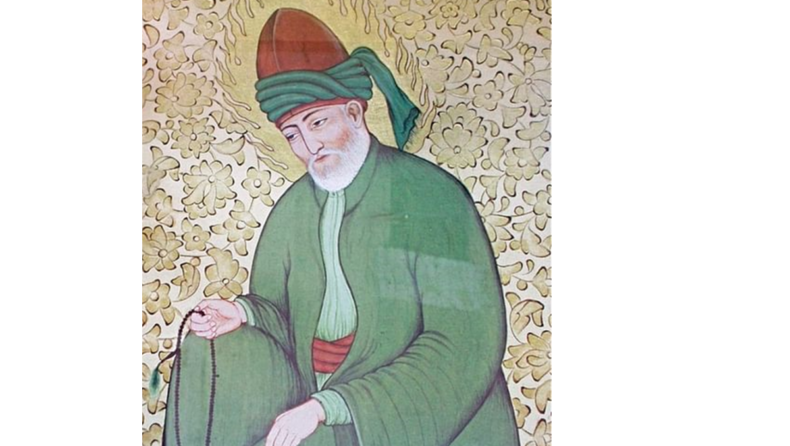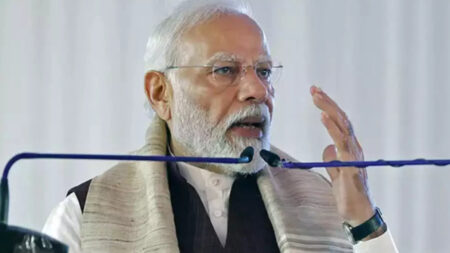If you are a frequent reader, we are confident that you are familiar with “RUMI” and his work. If this isn’t the case, you’ve probably seen the word “RUMI” in a lot of Pinterest boards and Instagram captions. So if you identify with the second half of this line, this article is for you. Rumi is one of the world’s most profound artists. He’s in the same league as Beethoven, Shakespeare, and Mozart.
Origin of Rumi
He was born on September 30, 1207, on the Eastern coasts of the former Persian Empire, in the city of Balkh in what is now Afghanistan, and eventually settled in Konya, Turkey.
Iran, Turkey, and Afghanistan are three of the many countries that claim Rumi as their national poet today. However, none of these countries existed in their current form back then. Iran used to be known as the Persian Empire, a kingdom that was much larger than it is now. It included sections of Pakistan, Turkmenistan, Tajikistan, Uzbekistan, Turkey, Iraq, and all of today’s Iran and Afghanistan. Afghanistan was part of the old Persian Empire’s Khorasan Province at the time, and Turkey had not yet been founded.
His burgeoning admiration
He was Persian poet from the 13th century, has been dubbed the greatest mystical poet of all time. Rumi wrote almost 80,000 pieces of poetry in the last 25 years of his life, which were gathered in two volumes. Poetry that covers a wide range of subjects.
In volume 1, he tackles many philosophical and mystical topics, from burning emotional expression poems to passionate love verses full of yearning and desire. His second book’s public work contains anecdotes, life lessons, moral stories, stories from all three Abrahamic religions, current events, and even satirical tales.
His work has a universal quality to it—a cry for true freedom from dogma and hypocrisy from an autonomous soul. Rumi also discusses the abolition of the world’s established fear-based religious orders. Fear-based religion is poison in Rumi’s eyes, and his cure is love-based philosophy, which he defines as a life journey free of guilt, fear, and shame.
Rumi is a literary and intellectual force to be reckoned with. Rumi’s work is constantly relevant since it deals with the human predicament. Rumi uniquely can articulate the profoundly personal and often perplexing world of personal growth and soul expansion simply and directly.
He does not insult anyone and is inclusive of all. Rumi’s universe isn’t only a Sufi world, a Hindu’s world, a Jew’s world, or a Christian’s world. It is the state of a fully developed individual. A person who is not constrained by cultural norms. A gifted individual who has an impact on every one of us. Rumi’s poetry is still heard today in churches, synagogues, Zen monasteries, and the art/performance/music scene.
Rumi and Shams

Rumi was a member of high society, having been born into money, influence, and the world of politics. He was known for pulling strings and extending favours. In the province of Khorasan in the Eastern Persian Empire, where he was born, his mother was a relative of the king. His father was a well-known jurisprudence court advisor. He enjoyed personal relationships, favours, and friendships. He used whatever means required to deepen his friendship with his favourite people.
Shams was in his sixties when he met him. He was most renowned at the time for being a rude, antisocial, and powerful spiritual traveller. The Bird was his moniker. The Bird was known to be in two different cities simultaneously as if he could fly or transmit his essence at will because he couldn’t stay in one place for long.
This traveller is said to have been on the lookout for a “prodigy student,” who would be superior to many masters at the time. Rumi was chosen as his “master’s student.” He apparently first discovers Rumi when he is 21 but deems the moment wrong and the student unprepared, so he waits another 16 years to approach Rumi.
They reconnected when Rumi was in his late 30s, and Shams was in his early 60s. Rumi invites Shams into his home after the initial spark of their relationship. Shams is now the new friend, the most recent companion.
Shams and Rumi’s relationship is based on the fact that Rumi would not have been known to history if it weren’t for Shams. Rumi used all his wits to keep this powerful, wandering wild Bird confined for as long as he could, even tempting him with his young stepdaughter. Due to this process, Rumi becomes a prominent spiritual teacher and a genuinely world-class artist. Meanwhile, Shams realises his ambition of becoming a “grandmaster pupil,” falls in love for the first and only time, and pays a high price for it. Is this a love story, a tragedy, or a personal requirement?
Shams and Rumi were also honoured in a ” Forty Rules of Love” book by a well-known Turkish author, Elif Shafaq.
Rumi in Pop-Culture and Literature.
Rumi’s first epic was titled “The Collective Poems of Shams from Tabriz.” Rumi’s decision to name his masterpiece after his mentor and spiritual buddy Shams has been debated for hundreds of years. Some argue that the collection should be named after Shams because Rumi would not have been a poet without him. Others have speculated that Rumi eventually transformed into Shams and that the group is genuinely Shams speaking through Rumi.
Rumi is a prominent figure among the younger generations in the United States. In his honour, Beyonce Knowles and Shawn Carter’s (Jay Z) daughter is named “Rumi.” Madonna and Coldplay, among others, have written songs about Rumi. In addition, the author of the Oscar-winning film The Gladiator (David Franzoni) is developing a feature film about Rumi, which might star Leonardo DiCaprio.













